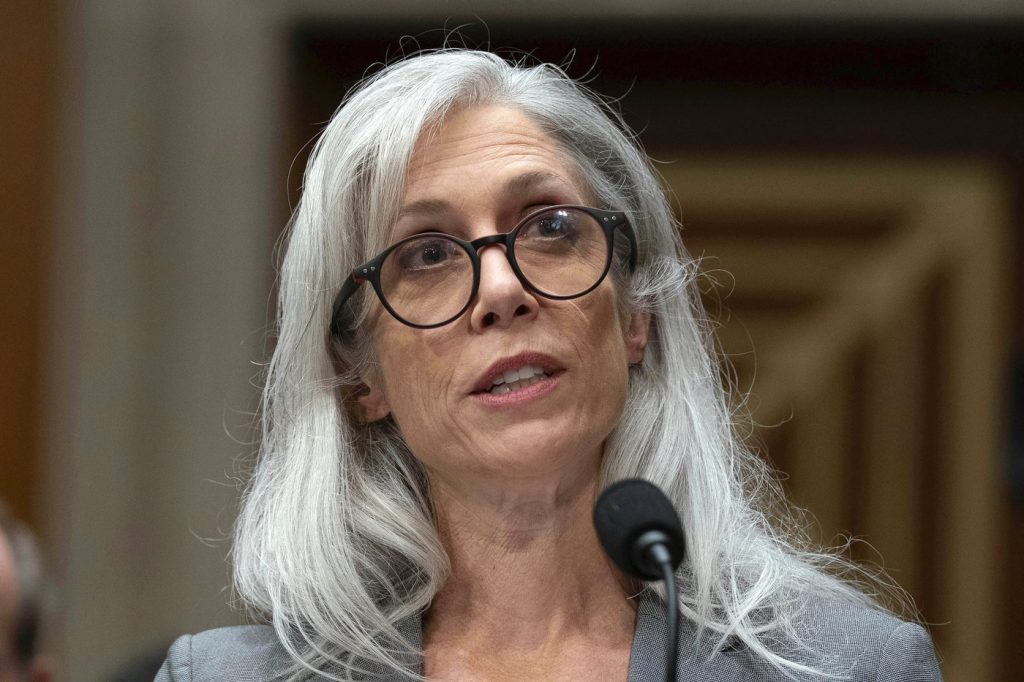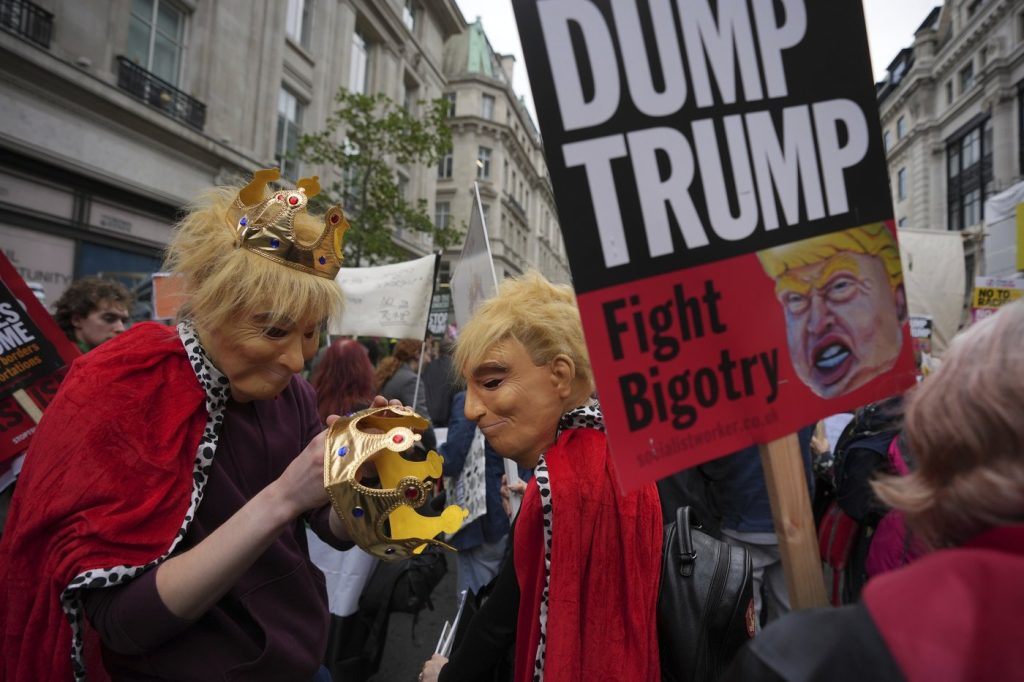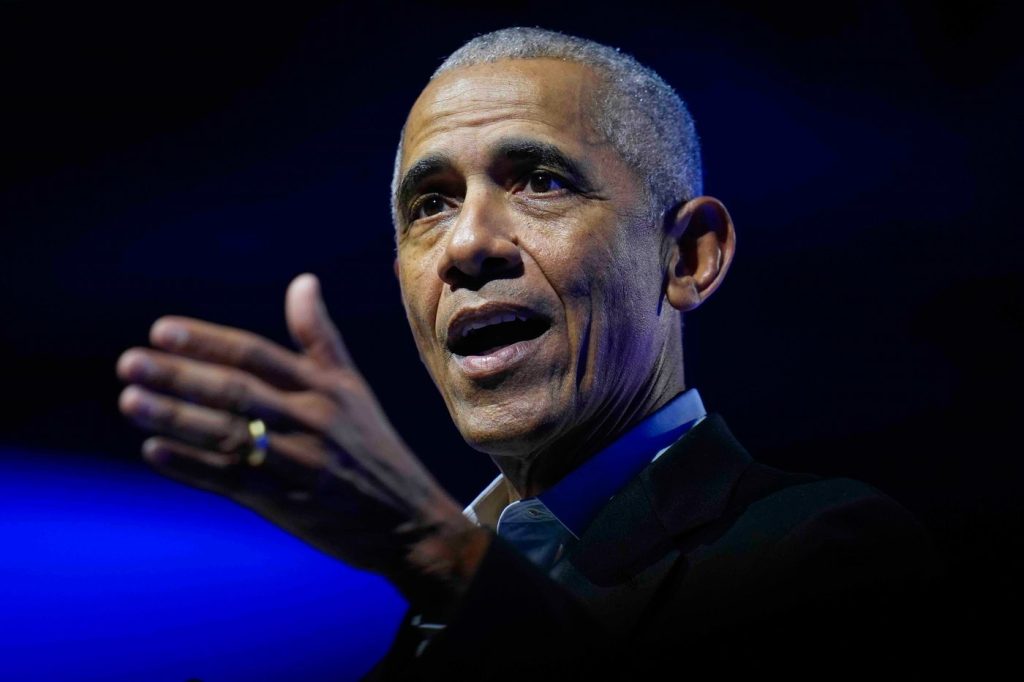On Wednesday, former Centers for Disease Control and Prevention (CDC) chief Susan Monarez testified before the Senate's health committee, warning that the U.S. public health system is on the brink of a "very dangerous place." This alarming statement comes amidst growing concerns over Health Secretary Robert F. Kennedy Jr. and his anti-vaccine team, which Monarez characterized as creating extraordinary turmoil within health agencies.
Monarez, who was dismissed from her position after only 29 days due to disagreements over vaccine policies, noted that Kennedy and his advisors have consistently rejected scientific data endorsing the safety and efficacy of vaccines. She underscored the potential resurgence of deadly infectious diseases like polio if the current administration continues its campaign against routine vaccinations. "I believe preventable diseases will return," Monarez warned, expressing grave concerns about the impact on children’s health.
Her testimony raised significant doubts, even among some Republican senators, about Kennedy's commitment to "gold-standard science" in shaping public health guidelines. Monarez's revelations came just a day before a vaccine panel was set to deliberate major changes to the recommended vaccination schedule for children across the nation. She recounted how Kennedy insisted on altering the vaccination recommendations without providing any scientific data to support his position.
Adding that the health secretary had instructed her to resign if she refused to comply with his directives, Monarez's testimony highlighted the broader implications for public health policy. Additionally, she described how Kennedy prohibited her from communicating with the CDC's career scientists and researchers, effectively sidelining data-driven discussions about vaccination schedules.
Senator Bill Cassidy, a physician and chair of the Senate health committee, expressed concern over the lack of scientific support behind Kennedy's proposed changes. Cassidy, while listening to Monarez and former CDC Chief Medical Officer Debra Houry, pressed her to clarify Kennedy's expectations despite his admission of the absence of supporting data.
Houry corroborated Monarez's account, revealing similar encounters with Kennedy’s political staff, who attempted to shape the preparation for CDC advisory panel meetings. She described a troubling exchange where data supporting the necessity of the hepatitis B vaccine was dismissed as biased, further suggesting a political interference with public health decisions.
Despite the mounting criticism of Kennedy's leadership and the upheaval within the CDC, some Republican senators continued to support him. They questioned Monarez's credibility, with several claiming her loyalty to the administration was compromised by her actions following her dismissal. Notably, Senator Markwayne Mullin raised doubts about the accuracy of Monarez's recounting of interactions with Kennedy but later admitted to being mistaken regarding the existence of a recording of their final meeting.
As the advisory vaccine panel prepares for its discussions in Atlanta, concerns remain high regarding the future of vaccination recommendations. The panel will consider the necessity of routine vaccinations, including hepatitis B shots for newborns, amid uncertainties around COVID-19 vaccine policies. Monarez’s apparent unease with the upcoming meeting illustrates the broader implications of politicizing public health and the potential consequences for vaccine compliance and overall community health.
This contentious situation reflects a significant clash between scientific evidence and political motivations within the realm of public health, prompting ongoing scrutiny of future health policies under Kennedy's administration.












